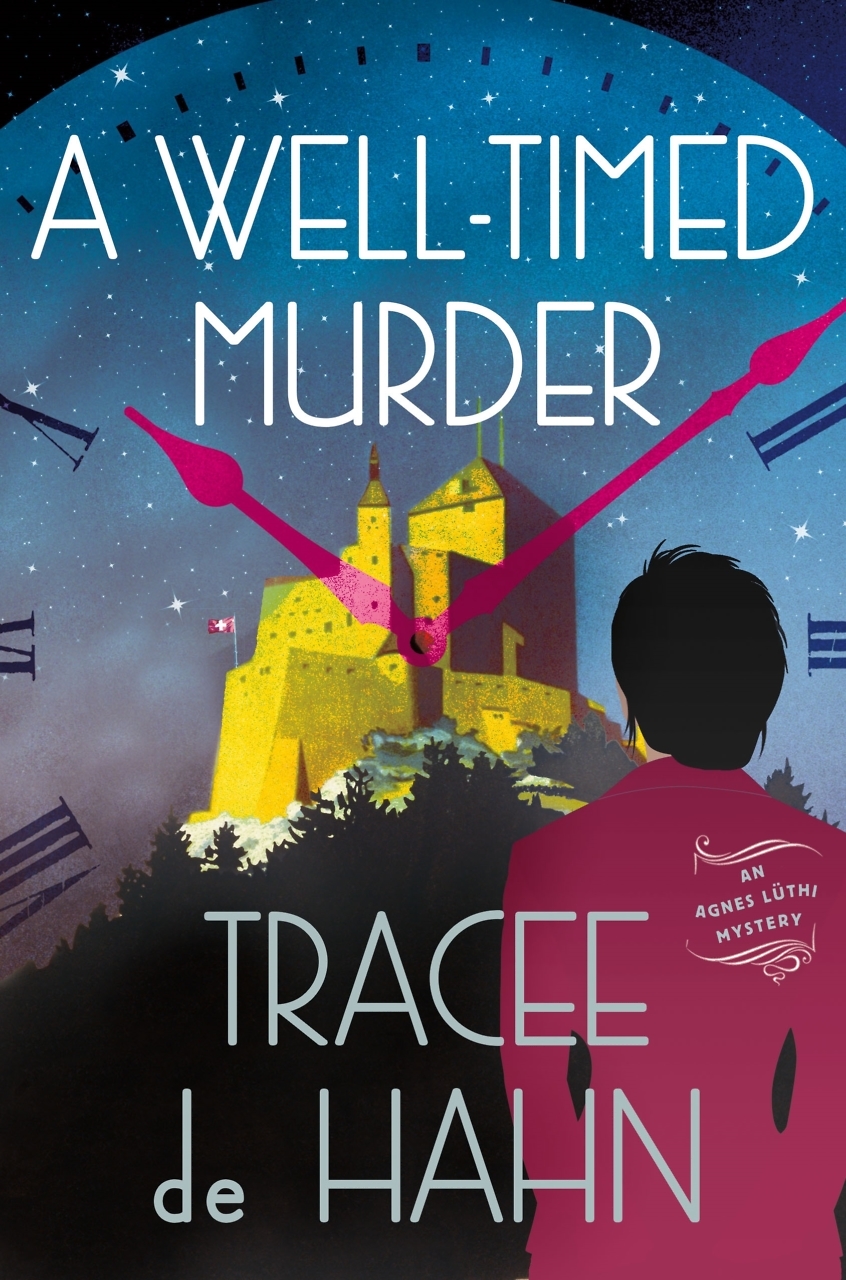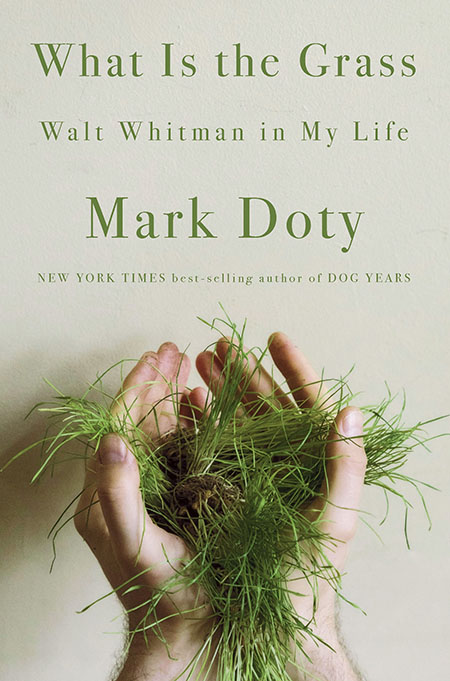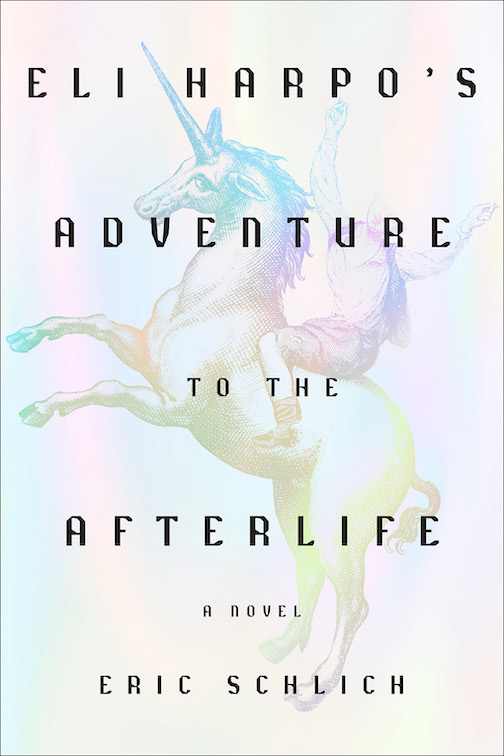More of a Burden Than a Gift
A debut collection of stories illuminates family sorrows
In the title story of Lisa Cupolo’s debut story collection, she writes, “Before he died, her father said, ‘Now that you have a child, Ali, you will never be free again.’ How true that was. Family history revolves in a circle, she thought, spinning and repeating itself until the end of time.” The pain of dysfunctional relationships — especially between parents and children — is the unifying theme among the 10 stories showcased in Have Mercy on Us.
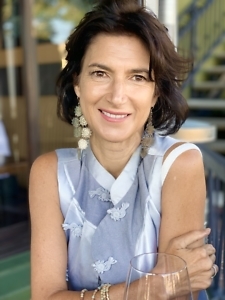 Set around the globe from Africa to Greece, Canada to Catalina Island, the vignettes Cupolo crafts sharply illustrate often decades-old family dynamics: principally how an individual’s deepest desire for what is utterly reasonable — kindness, acceptance, love — is often unattainable thanks to the selfish indulgences of the deeply flawed human beings with whom they are inextricably linked.
Set around the globe from Africa to Greece, Canada to Catalina Island, the vignettes Cupolo crafts sharply illustrate often decades-old family dynamics: principally how an individual’s deepest desire for what is utterly reasonable — kindness, acceptance, love — is often unattainable thanks to the selfish indulgences of the deeply flawed human beings with whom they are inextricably linked.
In “Felt and Left Have the Same Letters,” the aging wife of a narcissistic writer accepts the inevitability of his unfaithfulness with a younger woman, while managing to both assert her prior claim and salvage her own dignity in dramatic fashion, even as she wearily observes, “After thirty years of marriage, jealousy has few fangs.” In “You’re Here Now,” the illegitimate daughter of a prominent dentist and father of eight attends his funeral in hopes of making some connection with the family whose loss she secretly grieves even more than their father’s death. Another daughter of a complicated father, in “How I Became a Banker,” struggles to make sense of a man whose life is composed of equal parts lies and schemes, but for whom — despite her better judgment — she maintains a grudging respect. Looking back at her 10-year-old hero-worshipping self, she realizes, “I was thrilled he wanted to tell me things. It took years to understand that his confiding in me would be more of a burden than a gift.”
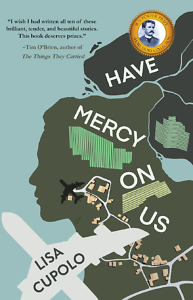 Deviating from this pattern of familial loss and regret is the interesting “Fort Pierce, Florida,” in which a worn and weary Zora Neale Hurston, working as a motel maid near the end of her life, is confronted by a white guest who is trying to write a book, without much success. Upon realizing that the woman before him is more erudite than he first assumes, the guest grills Hurston about her education and experience, but she remains elusive. “He’s such a boy and he doesn’t know a damn thing,” she thinks. “Part of her wants to show him, tell him a bit about life, what it is to be a writer first, a black writer second, and a black female writer in the South, but she doesn’t care about this kid and none of it means anything in the moment. She’s a maid. Back here, in Nowhere, Florida. Alone. Out of print. And still going about her days, still heading for the horizon, at least in her mind — that burns. It does burn. It’s as if every thought rakes the inside of her skull.”
Deviating from this pattern of familial loss and regret is the interesting “Fort Pierce, Florida,” in which a worn and weary Zora Neale Hurston, working as a motel maid near the end of her life, is confronted by a white guest who is trying to write a book, without much success. Upon realizing that the woman before him is more erudite than he first assumes, the guest grills Hurston about her education and experience, but she remains elusive. “He’s such a boy and he doesn’t know a damn thing,” she thinks. “Part of her wants to show him, tell him a bit about life, what it is to be a writer first, a black writer second, and a black female writer in the South, but she doesn’t care about this kid and none of it means anything in the moment. She’s a maid. Back here, in Nowhere, Florida. Alone. Out of print. And still going about her days, still heading for the horizon, at least in her mind — that burns. It does burn. It’s as if every thought rakes the inside of her skull.”
Cupolo, who received her M.F.A. from the University of Memphis, provides a few grace notes — a daughter unexpectedly makes lemon biscuits for her beleaguered mother, a man acts as a loving father figure to his girlfriend’s small grandson. In “Bread,” an exhausted aid worker at the Pillars of Hope orphanage in Kenya exults in her unplanned pregnancy: “I’m surprised to find that I feel happy. Everything around me is livelier on this walk, the browns more vivid, the sorrow in the faces I pass on this dirt road seem less desperate somehow. I look down and feel my belly pushing against my cotton dress. I wonder if I’m glowing. I almost laugh out loud thinking of it.” And despite the hardship and tragedy all around her, she finds solace in the innocence of her charges: “When we’re all singing and dancing together it feels as though hope is a possibility,” she admits. “There is an unnamed buzz between us that makes us believe safety and goodness are in reach.”
Cupolo’s skill in creating fully realized characters within only a few pages is such that readers may find themselves frequently wondering what happens next and wishing that at least a modicum of safety and goodness lies in reach for many of these troubled souls.
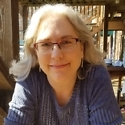
Tina Chambers has worked as a technical editor at an engineering firm and as an editorial assistant at Peachtree Publishers, where she worked on books by Erskine Caldwell, Will Campbell, and Ferrol Sams, to name a few. She lives in Chattanooga.
